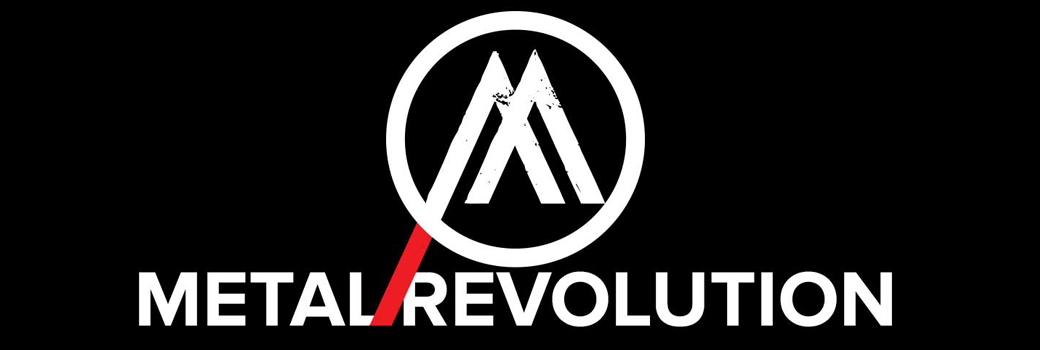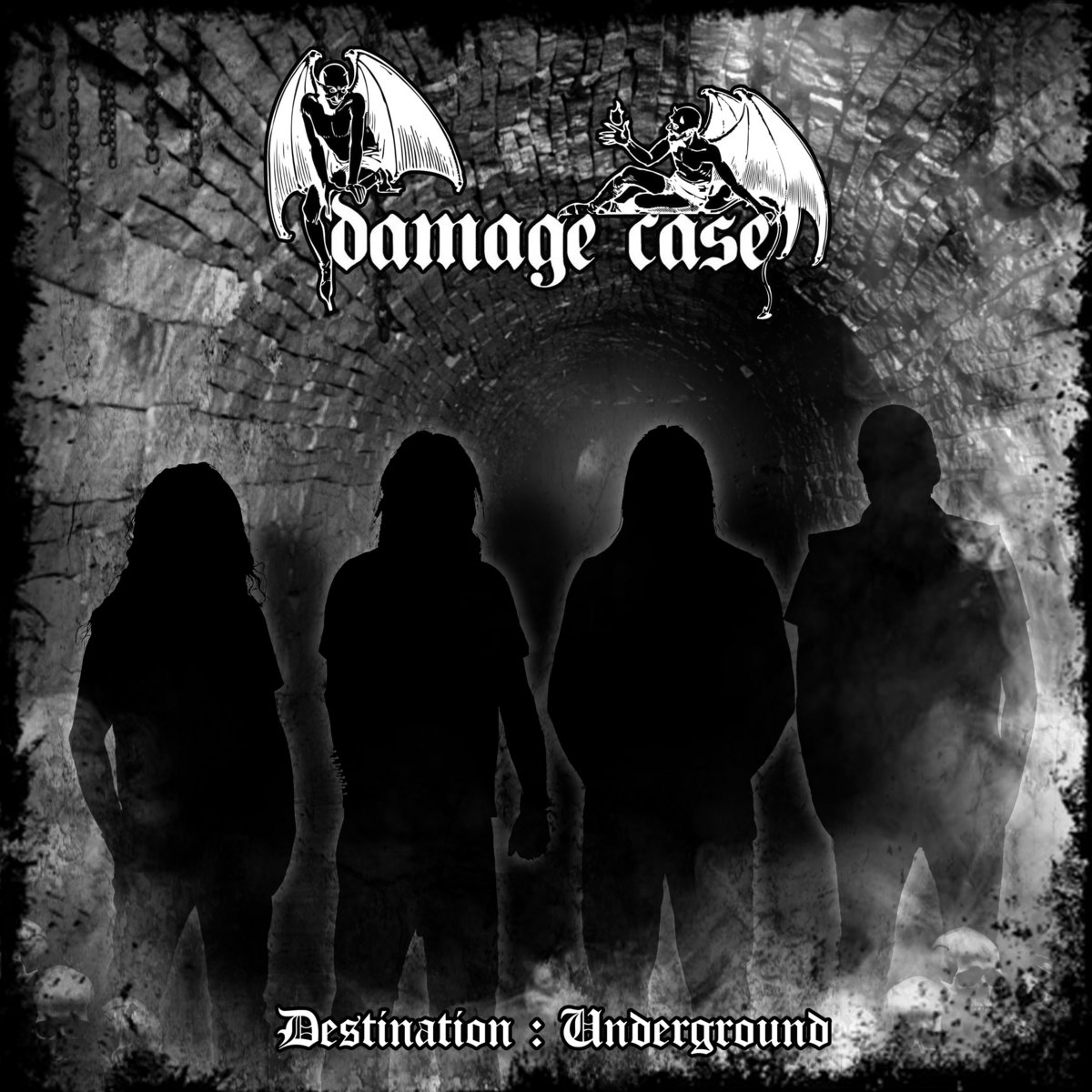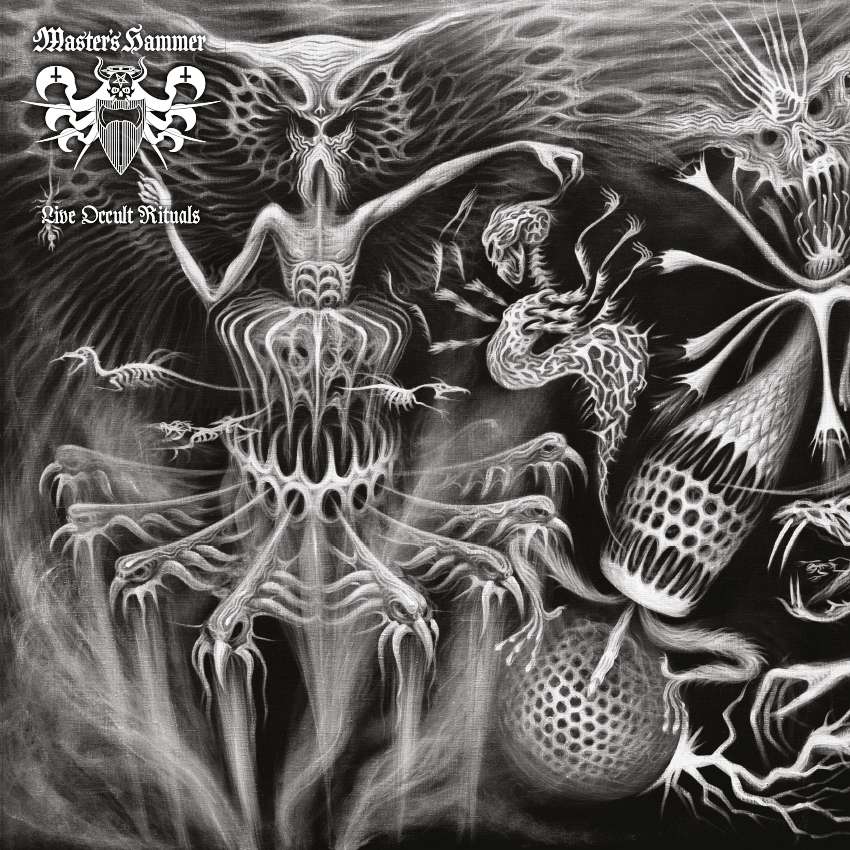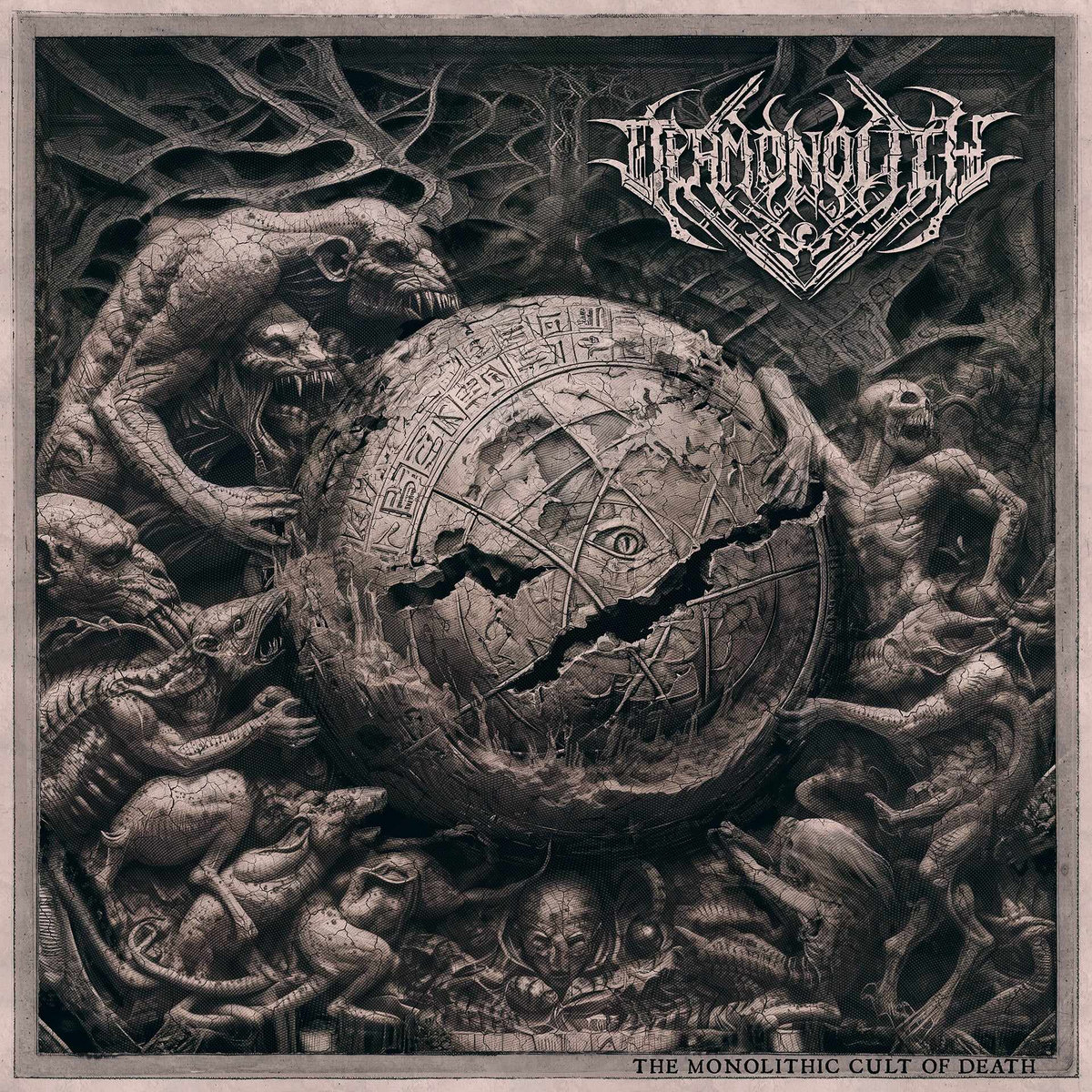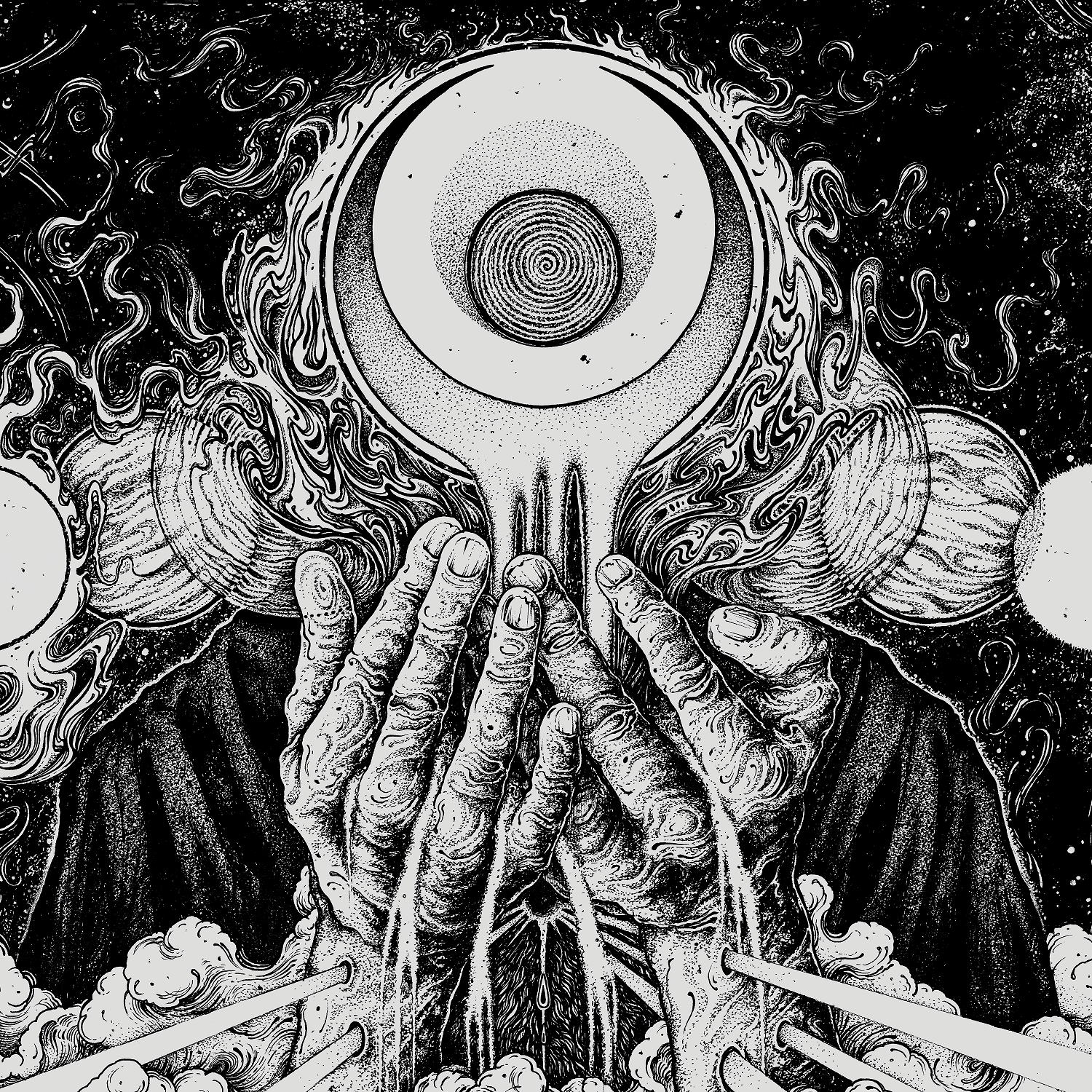
Sons Of A Wanted Man – Kenoma
30th January 2020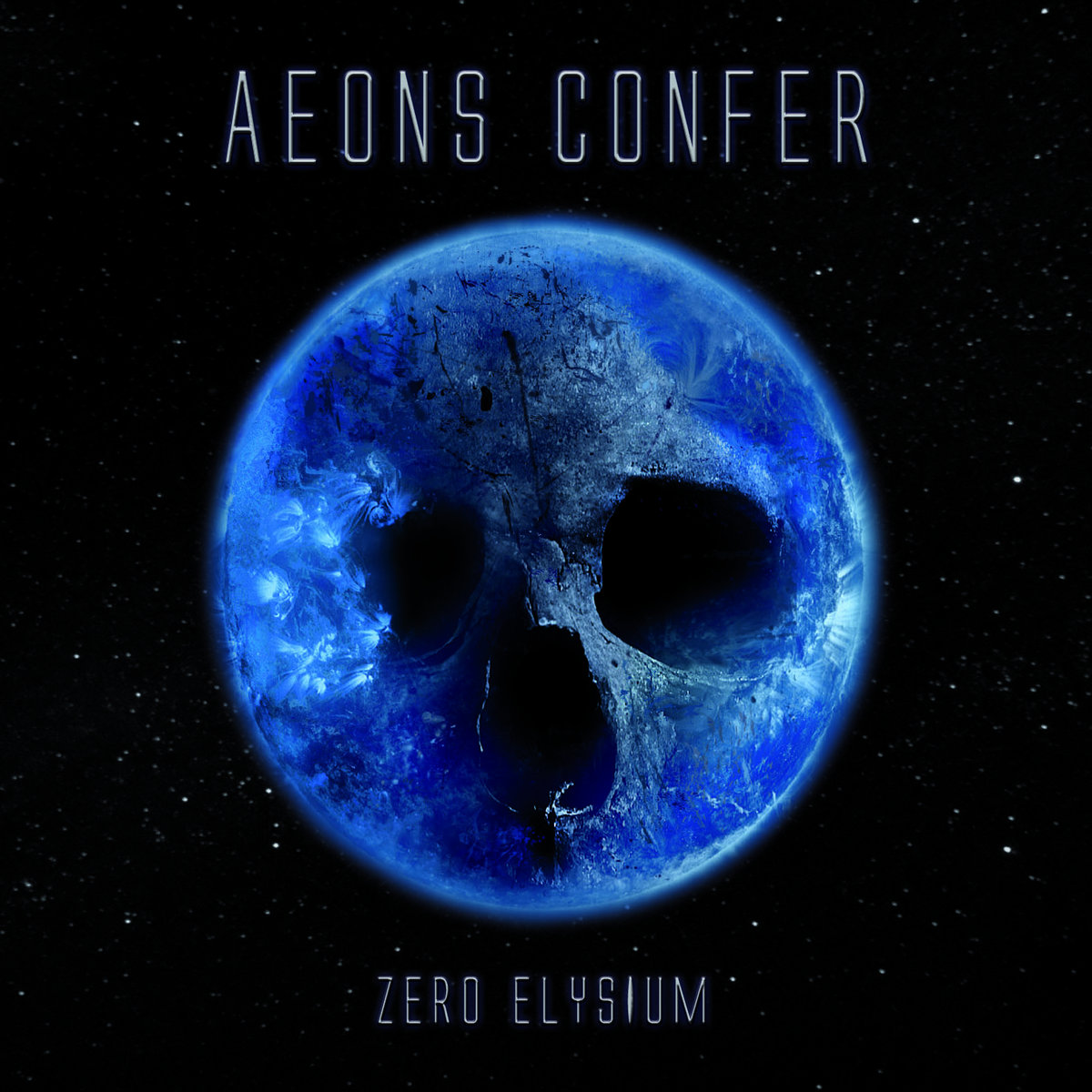
Aeons Confer – Zero Elysium
4th February 2020Sepultura – Quadra
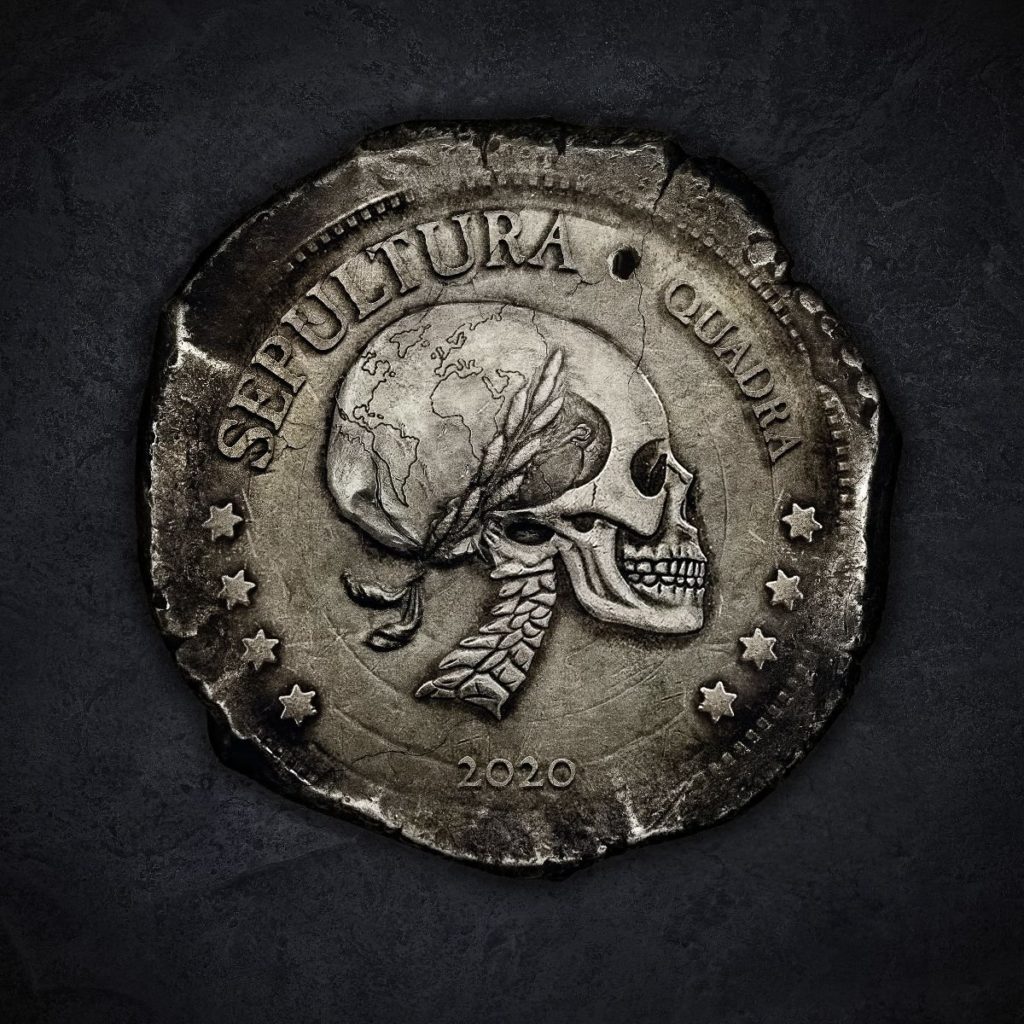
Label: Nuclear Blast / Release date: 7th February 2020
Few things which have characterized Sepultura’s music from the very beginnings are dedication, experimentation and heaviness. This goes for the band’s early days, their commercial peak in the early ’90s, but the case has undeniably been the same since the departure of the band’s founding member and singer/guitarist Max Cavalera in 1996. The band has never managed to repeat the commercial peak of the early ’90s, but for almost quarter of a century Sepultura has been releasing very good and nonetheless diverse albums, while at the same time staying true to the band’s roots.
Their latest album Machine Messiah saw the band take another bold step forward, creating an album that was as experimental as it was heavy and just plain good. Besides being true to their legacy, the album saw the band take some drastic leaps, like the on the title-track, which saw the band dip their toes in Alice In Chains waters and “Sworn Oath” building further on the approach from one of the finest releases of their career, Dante XXI.
Quadra sees the band take yet another important step forward and much like many other Sepultura albums there is a concept behind the new album as well. The concept behind Quadra is based on quadrivium, which are the four subjects, or arts. The word is Latin, for “four ways” and the four elements are the backbone of the album’s 12 songs, which are divided in four batches of three songs focusing on each of the four elements. But even more interestingly they focus on four different sides or if you will, eras, of this band.
The first quarter of the album on the album sees the band digging quite far into their roots. And while the core and the energy of these first three songs might rest in Thrash Metal the approach is that of Sepultura anno 2020. This means that there is room for twists and turns such as adding strings arrangements and more atmospheric elements, while still heavily focusing on that very core of the band’s sound. This bridges the gap between the first part and the rest of the record, which is very important, taking into the consideration the diversity of each section.
The second section sees the band focusing on, perhaps, the most significant era of their career – the era of Chaos A.D. and Roots. Opening with the trademark tribal percussion on “Capital Enslavement”, in the course of the next three songs the band showcases more of a groove-oriented side of the band while still maintaining the connection to the opening trio. The last of the three songs, “Raging Void” features a bit more melodic chorus, which again does a good job at bridging it with the third part of the album.
“Guardians Of Earth” eases into the third part of the album with a couple of minutes of traditional acoustic instrumentation. The build-up is further intensified with the addition of strings, which perfectly lead the listener into the main part of the song – an explosion of riffs and atmospheric sting arrangements and let’s not forget the finest guitar solo on this record. Much like “Sworn Oath” from the previous album, this song is basically a perfection in many senses of the word – musically, in representation of this band’s perpetual expansion and as somewhat of a centrepiece of this opus.
And then off to finale – grand finale, one might say. The final three songs focus on band’s softer and more melodic side – something the band introduced back in 2003 on with a cover of U2’s “Bullet the Blue Sky” off of Revolusongs. The title track is a short acoustic interlude that turns into “Agony” of Defeat” that delivers Sepultura’s take on Strapping Young Lad or even early Life Of Agony. Despite its melodic approach, choir and layered arrangements, the song doesn’t feel disconnected from the rest of the album, actually quite contrarily. The same can’t quite be said about the album closer “Fear, Pain, Chaos, Suffering” which features a guest appearance by Emmily Barreto of Far From Alaska. Sure, it’s a good song, and it makes more sense in context of the album after some 5–6 spins, but still it never truly gels with the rest of the album.
With Quadra, the band has taken another significant step forward, ironically, greatly by looking back. The first half of the record is rock-solid and breaths of skill from one of Sepultura’s finest line-ups ever, but it doesn’t quite match the high quality the band is capable of. At times, it feels that this part of the record is created in order to give enough straight-in-your face classic Sepultura to the fans. It seems like the band didn’t get into the process of making these songs with as much inspiration and dedication as they did with the second part of the album. The second part, on the other hand, bursts with creativity, hunger and quality. Perhaps that’s an indication of where the band is headed?
Sepultura will probably never escape the endless line of Cavalera related questions, and in the course of almost quarter of the century they have displayed outstanding ability to handle the massive pressure with equal parts grace and firm hand. What they also managed in the meantime is to display determination, hunger and ability to evolve as a band. Quadra is a true statement to that.
